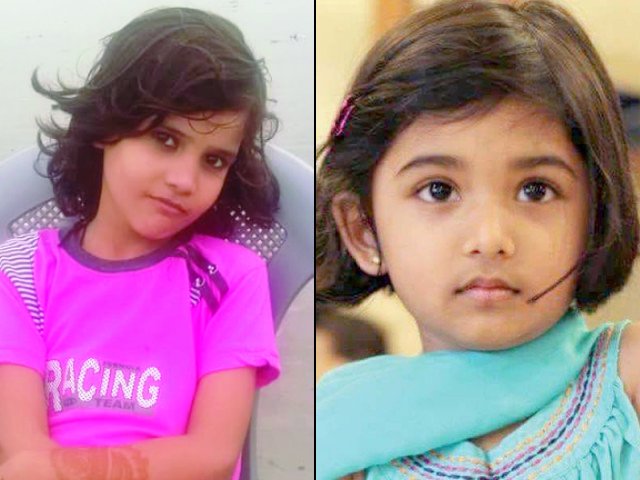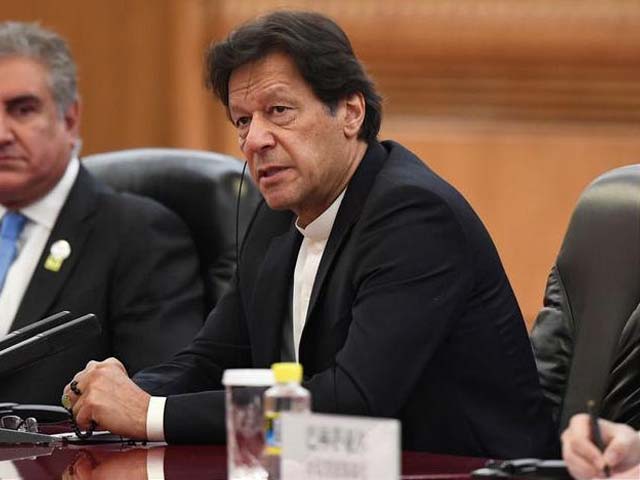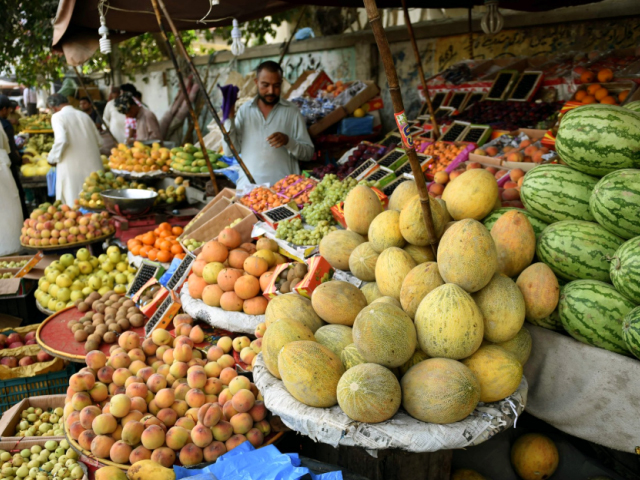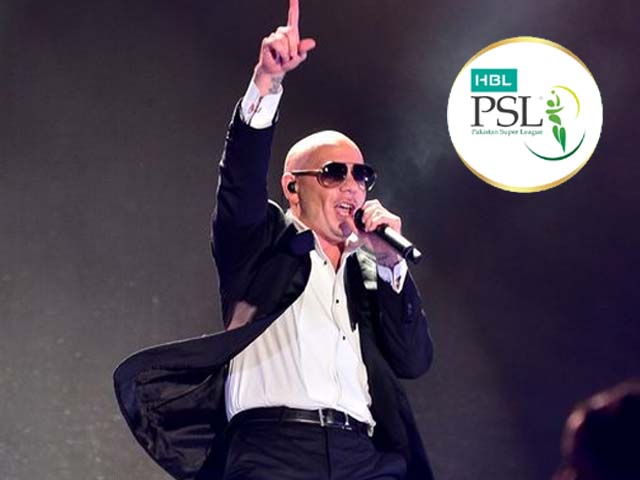
In the last two incidents, where little Amal (R) and Aqsa (L) became the victims, it was the police itself that was to blame.
When blood becomes cheap and police are the monsters our children need protection from
How are the citizens to feel safe from criminals when the police tasked with protecting them is killing their children
Another day, another victim – a child no less! A short while after the death of Amal Umer – 10-year-old girl who lost her life after a crossfire between the police and robbers – the police in Karachi have claimed yet another young life.
Seven-year-old Aqsa recently became the victim of a stray bullet, out of all places, while she was at her school! Perhaps what makes this situation direr is the fact that the school she was attending was next to a police training centre, full of police personnel, which is where the bullet came from.
Now that we have lost two little girls to gun violence, the question emerges: are we really doing enough to ensure such incidents do not happen again in the future?
The answer is an unequivocal no.
President Arif Alvi, visibly moved by the active campaigning led by the late Amal’s parents, went on to condole the grieving parents and promised that the government would legislate an emergency service bill that would also be named after Amal. But is that enough? Does that wipe the blood of our children off our hands? Does that even mitigate the issue?
After my visit to Amal's house for condolence, @DrSeemaSZia MPA informed me that she was going to move a bill she had prepared called the 'Sindh Emergency Service Bill'. On my request she gladly named it the 'Sindh Amal Emergency Service Bill' in her memory. Amal will save lives https://t.co/N2KGU3UFTm
— Dr. Arif Alvi (@ArifAlvi) September 29, 2018
At the end of the day, the President took notice of the situation, the Supreme Court ordered a probe into the case, while the Sindh Police introduced new rules barring policemen from carrying heavy weapons while on patrol. And then of course, there is the emergency bill named in Amal’s memory. This attention on part of the authorities is encouraging, for it is definitely better than no attention at all. It can be also be said that the same actions, or more, will likely be repeated for Aqsa as well, but until we get to the root cause and eliminate the problem there, we will end up in this vicious cycle of only noticing our children when they are dead.
Karachi’s violence problem is not new; it has been a constant in the city for decades. Fuelled by local politics – sometimes national, sometimes sectarian, and sometimes due to the different mafias operating in the city – Karachi hasn’t seen peace in a long time. Ultimately, these factors, along with indifference on part of the state, are largely responsible for Karachi’s gun problem.
Guns are now part and parcel of Karachi’s social fabric. Years of political heavyweights vying for influence in the economic hub or trying to control its resources have fostered a culture where being armed is considered a symbol of power. If one happens to be a politician or a local feudal, or even a small-time businessperson who cannot carry guns on his or her person, then they will be seen hiring guards as their escorts.
Vigos and other variants of double cabin cars with armed guards sitting at the back was a visual once only seen in the Defence area, but can now be found in most parts of the city. This points towards a city more polarised than it was before.
Then there is the influx of migrants into the city, and as more and more people settle into the limited spaces and seek economic opportunities, which are also limited, gun and violence usually result as the outcome.
What have the city’s law enforcers done to curb our gun culture, except barring citizens from aerial firing at weddings? We continue to see thugs masquerading as uniformed guards, flashing guns at signals, while sons of influential people roam around threatening ordinary citizens with their steel toys. Often, we see repercussions of this culture when ordinary scuffles result in young men getting killed, such as Shahzeb Khan for instance, and sometimes the police itself is complicit, as seen in the shooting of an innocent Maqsood.
It’s not just an issue of gun control either; it’s the prevalent system that has become rotten to the core. It protects the perpetrators and shields them actively, ensuring that victims never receive justice. If that was not so, Shahrukh Jatoi wouldn’t have escaped initially, his parents couldn’t have pressured for a settlement, and when all else failed and Jatoi was thrown in jail, he wouldn’t have been treated like a celebrity. Not to mention the fact that his death sentence has still not been carried out!
It is due to such complicated yet entrenched power dynamics that blood has become cheap in Karachi. Most gun carriers have become trigger happy and do not hesitate firing shots for pleasure. And why would they? In the last two incidents, where little Amal and Aqsa became the victims, it was the police itself that was to blame.
If there’s one thing that Karachi’s history tells us, it is that Karachi’s police is never held accountable for its actions. As a citizen of this city, I regularly see videos going viral involving police brutality or misbehaviour with ordinary citizens, some of them filmed by FixIt volunteers, others by citizens. Even Jibran Nisar, despite being a prominent activist, wasn’t spared and was dragged and hit by the police when protesting the security protocol of a judge.
This is only the tip of the proverbial iceberg; most incidents don’t even see the light of the day and go unnoticed. But the question is: if the police act this way with citizens while knowing they are being filmed, can they not shoot and kill them when there’s no one to witness their actions? Have the police not been directly involved in the death of two little children? How are the citizens to feel safe from criminals, when the same police tasked with protecting them is involved in mistreating them and killing their children?
This is Karachi’s collective problem, and it is an apolitical one. However, since the Pakistan Peoples Party (PPP) has been ruling Karachi for as long as one can remember, and since its leadership is heavily composed of feudal lords who happen to be the torch bearers of the VIP and gun culture in Karachi, it’s only fair to demand that the PPP look into the matter seriously and pave way for disciplinary action against the police, without any political interference.
Concrete and robust steps need to be taken to prevent more of Karachi’s unsuspecting children from falling prey to bullets, or even its adults for that matter. Effective legislation is required in this regard, to enforce strict rules on gun carriers, even security personnel. Most importantly, all this legislature, both new and existing, must also apply to the feudal members of the Sindh government and its police, for they are the ones disturbingly infatuated with security protocols and employing gunmen to escort them everywhere they go. Only if the head of this snake is crushed can we count on the rest of its body to follow.
[poll id="786"]




COMMENTS
Comments are moderated and generally will be posted if they are on-topic and not abusive.
For more information, please see our Comments FAQ